Child Welfare
MSW Certificate Application
Your path to launching an amazing social work career
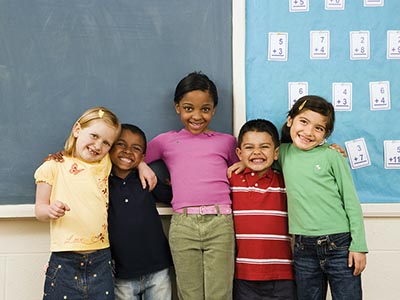
To keep children safe and well and to support families, we need social workers who have the knowledge and skills to work in the challenging field of child welfare.
You can make a difference in a child's life, help parents provide a safe and loving home, and address the trauma resulting from child maltreatment that may impact a child and family for a lifetime.
It is hard work---but rewarding! Child welfare requires resilient and dedicated professionals. It is complicated work--but never boring!
Child welfare includes family preservation services with families and communities to prevent child abuse and neglect, child protective services to assess and keep children safe, out-of-home placement with kin, in foster care and sometimes in residential treatment, services to reunite children with their parents, and permanency services, such as adoption. It requires clinical and case management skills, expert assessment and engagement skills, and a high commitment to social justice and respect for populations.
Child welfare is a great career builder as it exposes a social worker to so many skills (including evidence-based practice), draws upon knowledge of family and community systems, explores the impact of policy, and connects a professional to so many other systems such as hospitals, schools, and the court system. Gaining experience in child welfare is a solid way to get social work experience, gain supervision that may count for licensure, and work in settings that often qualify for federal loan forgiveness. Opportunities for leadership and supervisory experience are often available in a timely manner. It is a field of practice that social work has been dedicated to since the beginning of our profession.
Gaining a child welfare certificate does not require the student to work in child welfare but hopefully, after gaining relevant coursework and field experience, the challenges and opportunities of working in child welfare will be clear and compelling! Child welfare is a great field to gain initial experience after graduation and to grow and develop a long-term career committed to serving children and families. It is a field that has a lot of flexibility and opportunity for changing positions within an agency with gained experience.
The MSW Child Welfare Certificate program encourages two tracks: (1) for Clinical students, a trauma focus is highly encouraged which requires the trauma course as one of your electives. (2) Organizational and Community Leadership students, as an MSW often can lead to a supervisory or middle management role, an elective in Supervision or Leadership is highly encouraged.
It may be possible, with little adjustment to your academic schedule, to earn a second certificate program in Trauma or Chance at Childhood in addition to the Child Welfare certificate program. You may also combine this certificate with the Advocacy Scholars program.
Certificate programs do not require additional expense for students; in addition, scholarships from the School of Social Work or agencies may be available to support your participation in the certificate program.
Employment
Child welfare agencies are looking for social work graduates with a relevant social work education! There are typically child welfare jobs across the state of Michigan in MDHHS and in private agencies available to MSW graduates. MDHHS positions are posted on the Michigan Civil Service Commission website (https://www.governmentjobs.com/careers/michigan/MDHHS) or Indeed.com. Public agency salaries begin in a range from $49,795.20 to $73,777.60 annually, with excellent state benefits.
Private agency positions are often identified by the Michigan Federation for Children and Families (michfed.org), see Job Postings, or the agencies themselves, or through the MSU School of Social Work job’s email list. Federal loan forgiveness programs require fulltime employment in a governmental or not-for-profit agency and many of these employment opportunities may qualify for such loan forgiveness programs, depending on the type of loan issued and other loan conditions.
MSW Program Components
The certificate is structured to make minimal demands on your academic planning and can fit with most students’ schedules without complications.
- One year (two semesters) internship in a public or private child welfare agency.
- Regular students are required to take courses in human development (SW 811); and in social work practice, including content on cultural competency and anti-racist practice (SW 840 and SW 841). This is not applicable to advanced standing students, as this competency has been met in their BASW programming.
- An elective course dedicated to Child Welfare (SW 471).
- Enrollment in at least one course whose content is relevant to child welfare practice. This will be fulfilled by completion of core courses as part of MSW curriculum.
- Participation in at least two workshops on topics relevant to child welfare competencies.
Additional Certificate Programs for MSW students
Because of their common approaches and families served, it may be possible to earn a certificate in Trauma or in Chance at Childhood (law and social work) in addition to the Child Welfare certificate. This would provide two certificates to add to your resume and to enhance your knowledge, skills and professional competency.
For the Evidence-Based Trauma Treatment program, the trauma course can be substituted for the child welfare elective; so that the coursework for the dual certificates would be SSW471 (the Child Welfare elective), the SW822 policy course (Child and Adolescent Policy Practice), and the Trauma course. One’s field placement would need to be in a child welfare agency that meets Trauma Certificate requirements, as well. This field requirement could be accomplished by one field placement in each certificate program if one’s course of study includes two field placements.
For the Chance at Childhood program (certificate in law and social work), the law and social work course could be substituted for a child welfare elective; so that the coursework would be SW471 (Child Welfare), SW822 policy course (Child and Adolescent Policy Practice), and the Law and Social Work course. One’s field placement would need to meet the requirements for both the Child Welfare certificate program and the Chance at Childhood program. This field requirement could be accomplished by one field placement in each certificate program if one’s course of study includes two field placements.
Advocacy Scholars
It is possible to be an Advocacy Scholar and earn a Child Welfare certificate. This would require that a student complete either the Child Welfare Policy or the Child and Adolescent Policy course options for SW822, the SW471 Child Welfare elective, and the SW 891 Advanced Advocacy Skills for Changing Systems elective. One’s field placement would need to meet requirements for both the Child Welfare certificate program and the Advocacy Scholars program. This field requirement could be accomplished by one field placement in each certificate program (first field placement: child welfare focused, second field placement: advocacy focused) if one’s course of study includes two field placements. The Advocacy Scholars program requires that a student’s Advanced Year field placement be in a policy practice/advocacy setting. This could be a child welfare placement, if available.
Field Education
Field education agencies include some of the most respected agencies in Michigan and are located in every one of Michigan's 83 counties. In addition to working at MDHHS in an array of child welfare services, one can work in a private agency and provide family preservation services, foster care, residential treatment, adoption, and licensing services. Some private agencies are members of the Michigan Federation for Children and Families (michfed.org) and the Association of Accredited Child and Family Agencies of Michigan (www.aacfami.org).
A list of members of the Federation can be found here. https://www.michfed.org/federation-members
Some private agencies are members of the Michigan Federation for Children and Families (michfed.org) and the Association of Accredited Child and Family Agencies of Michigan (www.aacfami.org).
Title IV-E Child Welfare Training Fellowship
The State of Michigan Title IV-E Child Welfare Fellowship is an opportunity to provide additional resources and support to students committed to working in the Child Welfare System - Children’s Protective Services, Foster Care, Licensing and Adoption. The aim of this program is to recruit, retain and educate students to be leaders in the field of child welfare. The fellowship includes requirements for course work and field education. Additionally, fellows will receive a stipend. Students will be contractually obligated to search for and accept employment in public, private, or tribal child welfare agencies in the State of Michigan upon graduation.
Faculty
There are a number of faculty members dedicated to child welfare due to their life experiences, work history, and research interests. We welcome the opportunity to talk to you about your academic preparation, the transition to employment, and a career in child welfare.

Kimberly Battjes' interest in child welfare began with her first social work position as an in-home counselor. She worked as a Families First worker for several years in Detroit, Washtenaw, and Livingston Counties. Upon earning her MSW, she worked as a School Social Worker for sixteen years. She currently holds the position as Coordinator at MSU’s Chance at Childhood, teaching interns about child welfare and the law. kbattjes@msu.edu
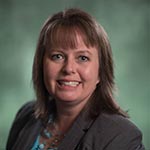
Kelley Blanck’s interest in child welfare began with her first post-graduate position at a private foster/adopt care agency in Detroit as a Post-Adoption Clinician and Supervisor. Her practice and interests include systems of care and trauma training and intervention with a particular focus on foster/adopt youth and foster/adopt families. kblanck@msu.edu

Stephene Diepstra's passion and interest in child welfare stem from growing up with foster and adopted siblings and being a foster and an adoptive parent herself. She currently practices as a school social worker and has researched in the areas of child welfare, foster care, and adoption. diepstra@msu.edu
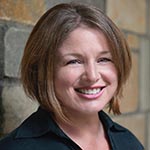
Sacha Klein has twenty-five years of child welfare experience that includes working as a child protective services worker, foster care and adoption case worker, and family preservation case manager in Pennsylvania and California. She also served as the Child Welfare Policy Director for an association of 80 nonprofit agencies in Los Angeles County, as the Policy Director for First 5 LA, and as a Society for Research in Child Development Policy Fellow in Washington DC where she worked with the Office of Child Abuse Prevention and the research and evaluation arm of the Administration for Children and Families. Her practice and research interests include child maltreatment prevention and early intervention, child welfare policy, and neighborhood effects on parenting. kleinsa@msu.edu

Joe Kozakiewicz's interest in child welfare began when he sought an avenue to practice law as a "helping profession" and volunteered for a non-profit agency representing children in the court system. Joe's practice and research interests include children's legal issues, abuse and neglect, and interdisciplinary law and social work practice. kozakiew@msu.edu
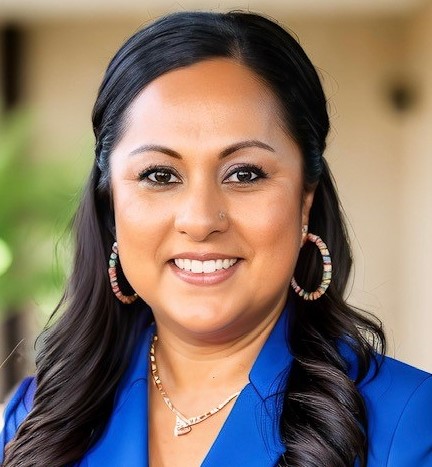
Elizabeth Montemayor has over twenty years of child welfare experience that includes working as a child protective services worker, foster care worker, supervisor, and program manager at the Michigan Department of Health and Human Services. As the program manager, she managed all areas of child welfare. She served on the CPS Advisory Committee for the State of Michigan and is on the Michigan Human Trafficking Task Force. She currently holds the position as Child Welfare Programming Coordinator overseeing the Child Welfare Certificate Endorsement in the School of Social Work at MSU. She also oversees administration of the Title IVE program and teaches courses while advising students specializing in child welfare. montema7@msu.edu

Nicki Moody’s first social work job was providing child welfare services to undocumented and unaccompanied foreign national minors. This unique blend led to deepened interests in child welfare and international populations. Nicki continues to partner with state agencies to serve all child welfare needs through field education placements. nmoody@msu.edu

Keunhye Park’s primary fields of interest are child welfare services and policy, juvenile justice services and policy, education experiences for marginalized youth, and the transition to adulthood among foster youth. She has several years of practice experience in community work, child education, and program development at a detention center; as well as research experience in child welfare and juvenile justice, having worked with government agencies and juvenile justice facilities in Michigan and Illinois. kunepark@msu.edu

Delanie Pope’s interest in child welfare began as a Family Court Referee hearing cases on child abuse and neglect and custody matters. Her practice and advocacy interests include an interdisciplinary approach of law and social work to child welfare. poped@msu.edu
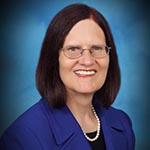
Anna Maria Santiago’s interests in child welfare began as a bilingual social worker at Catholic Social Services in Milwaukee where she worked with Latino children with special health needs as well as those who experienced exposure to violence in the home and community. Her practice and research interests focus on neighborhood and community effects on the physical and mental health and well-being of Latino and African American children and young adults in the United States and internationally. santia63@msu.edu
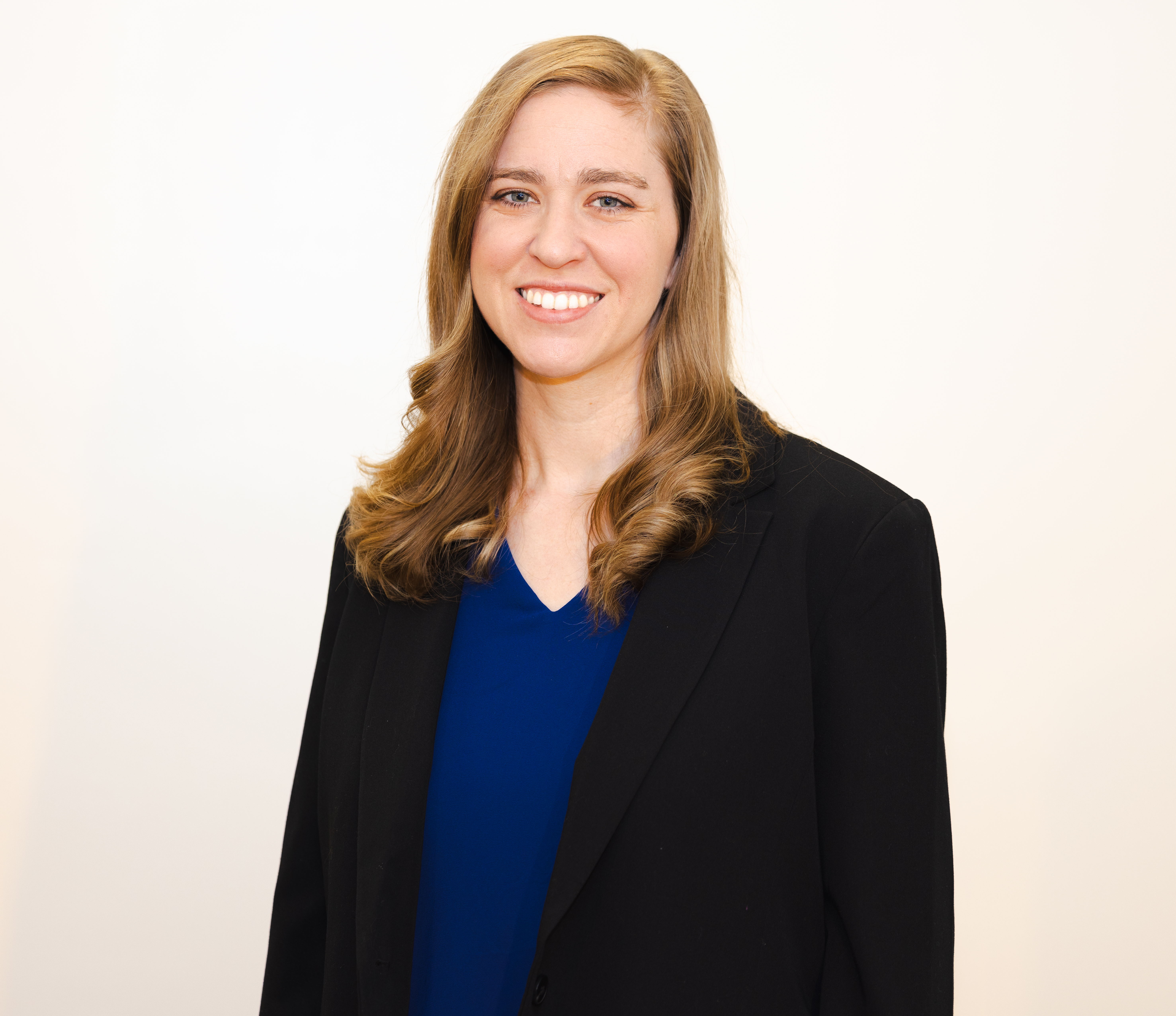
Kalah Villagrana’s research focuses on strengthening collaboration between professionals across systems to improve outcomes for children, youth, and families involved in the child welfare system as well as promoting educational equity in K-12 and postsecondary education for children in foster care. She previously worked for a campus based support program for students with foster care backgrounds and a Title IV-E university training program at Arizona State University. She oversees the Child Welfare In-Service Training grant. villagr9@msu.edu

Cheryl Williams-Hecksel has 30 years of experience working in child welfare and mental health agencies, including private and public settings. Her professional interests include trauma, implementing evidence based practice, secondary trauma, supervision and the child welfare workforce. She is the Coordinator of the evidence-Based Trauma Treatment Certificate. will1534@msu.edu
MSW Certificate Application
Contact Person
Elizabeth Montemayor, MSWmontema7@msu.edu

